Rajshahi, Sept 15 (V7N) – The preliminary list of candidates for the Rajshahi University Central Students’ Union (RUCSU) and Senate student representative elections has been released, with a record number of female students contesting in this year’s polls. According to the Election Commission, 320 candidates are running for 23 positions in RUCSU and five seats in the Senate, with a significant share being women. Observers say this marks a positive shift in campus politics, as the elections are being held after a 35-year hiatus.
For the Sept 25 vote, 34 women are contesting in RUCSU and seven in the Senate. Candidates include both independents and those affiliated with student organizations such as the Bangladesh Jatiyatabadi Chhatra Dal (BNP’s student wing) and Islami Chhatra Shibir. Among the female candidates, Tasin Khan (2020–21 session) is the only woman contesting for Vice President while also running for a Senate seat. The General Secretary race includes Poroma Parmita (2018–19), Nusrat Jahan Nupur (2019–20), Asiya Khatun (2019–20), and Afrin Jahan (2018–19). Other women are vying for Assistant General Secretary, Sports Secretary, Cultural Secretary, Women’s Affairs Secretary, and several assistant secretary and executive member positions.
In the Senate race, female candidates include Tasin Khan, Jannatun Naeem Tuhina, Yusha Jannat Soha, Renesa Ratri, Poroma Parmita, Tahrima Akter, and Afrin Jahan. Students say the high number of women candidates not only diversifies the contest but also strengthens female leadership in campus politics.
Speaking to reporters, Assistant Secretary for Social Welfare Lubna Sharmin called it a “big revolution” for women in university politics, noting that female students had overcome fear and intimidation to step forward. General Secretary candidate Nusrat Jahan Nupur said her goal was to make the campus safer, peaceful, and student-friendly. VP candidate Tasin Khan highlighted that cyberbullying discouraged many women from running despite their interest. While the university formed a five-member cyber team, its role remains unclear, leading to frustration among female aspirants.
To address these concerns, female candidates have put forward a seven-point demand, including an official cyber safety policy, gender-responsive security measures, bot and fake ID monitoring, group access verification, data privacy protection, digital literacy training, and verified official communication channels. At a press conference, Khan said misinformation, harassment, and the unauthorized use of female students’ photos and videos on social media posed serious threats to their participation.
The historic return of RUCSU elections has already made waves, but the unprecedented number of female contestants is being seen as a turning point for women’s political participation at Rajshahi University.
END/MRA/SMA/



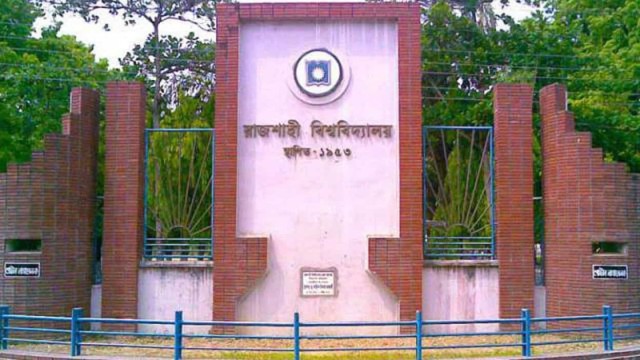
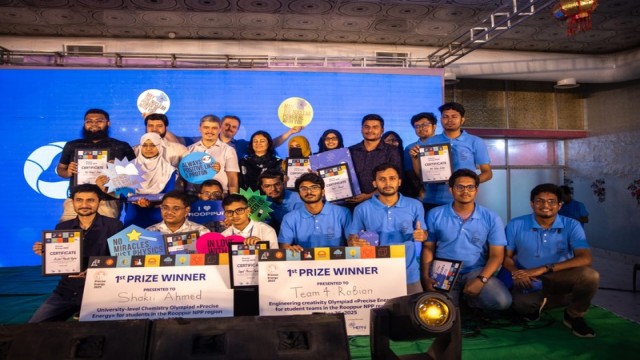

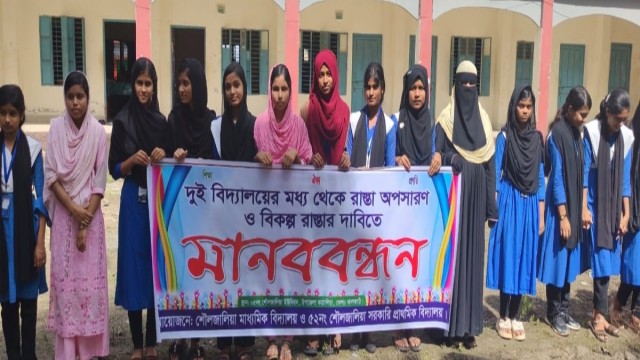
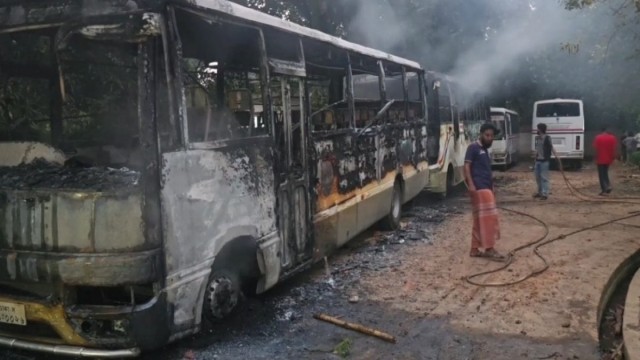
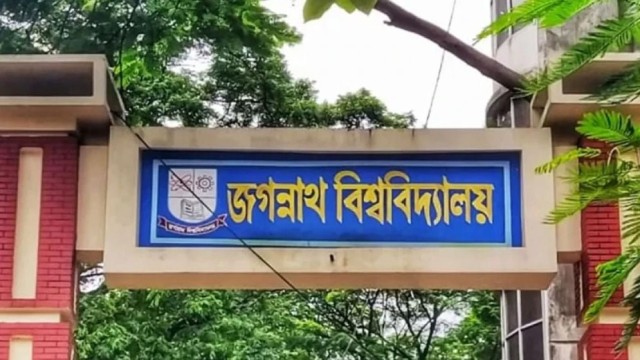
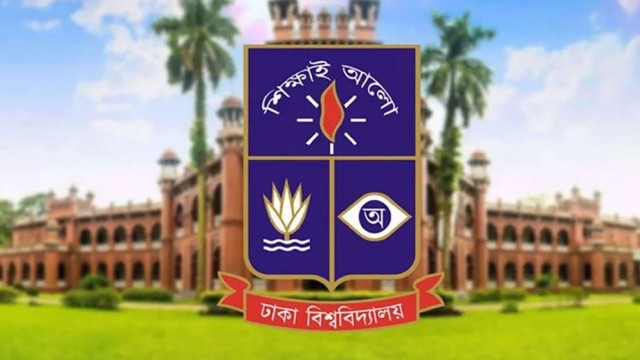
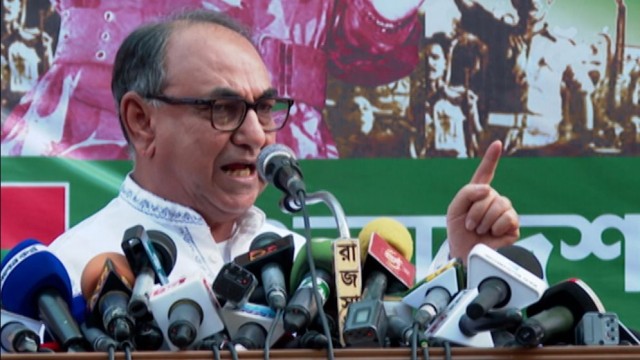

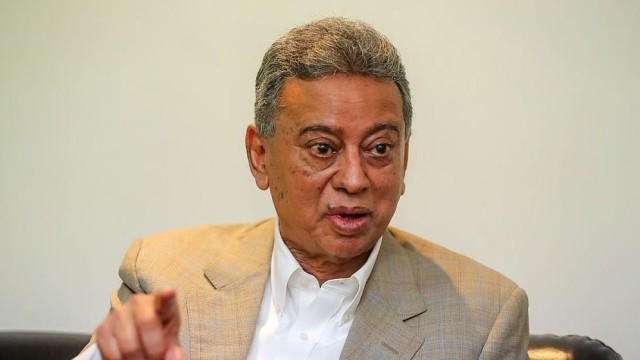


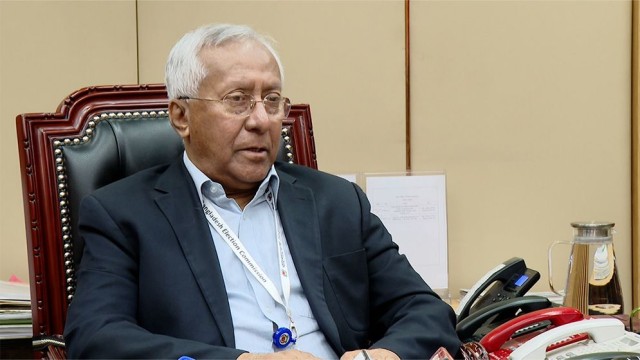
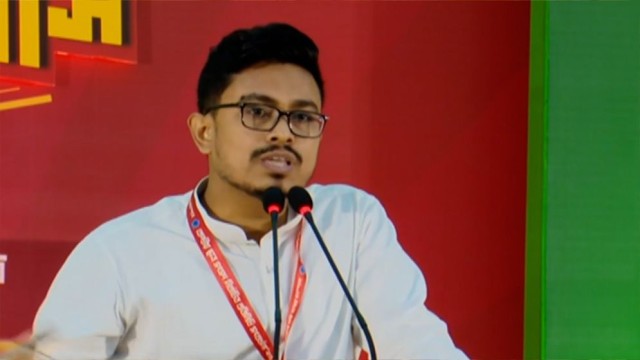
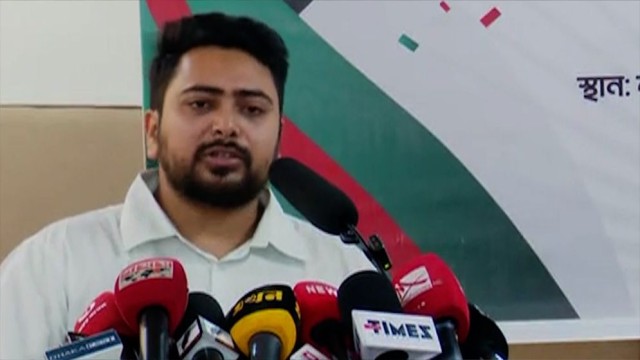
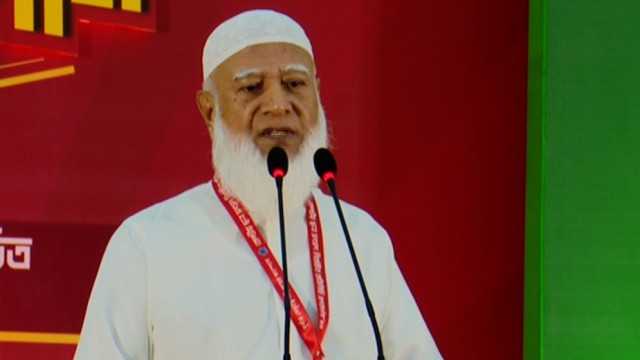
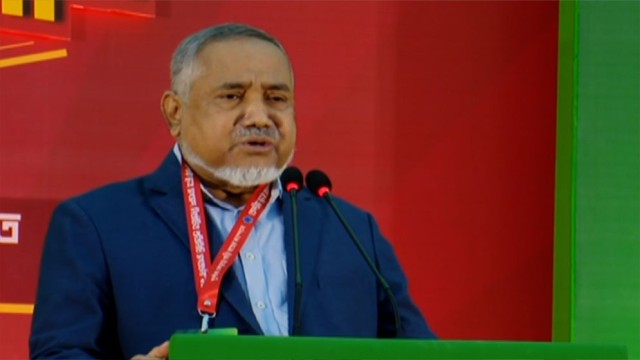

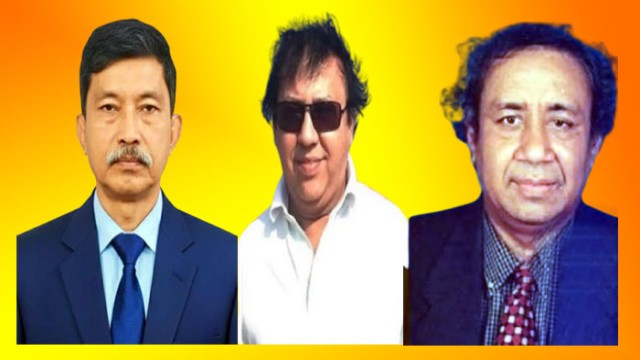

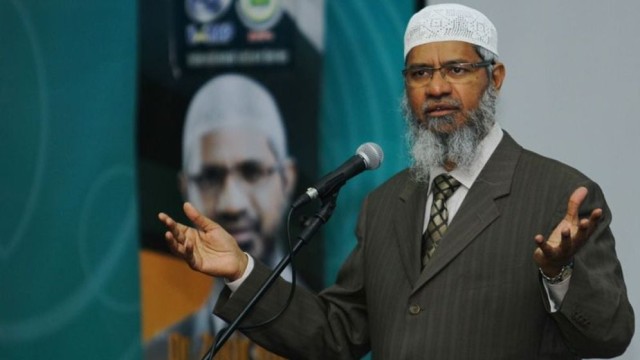

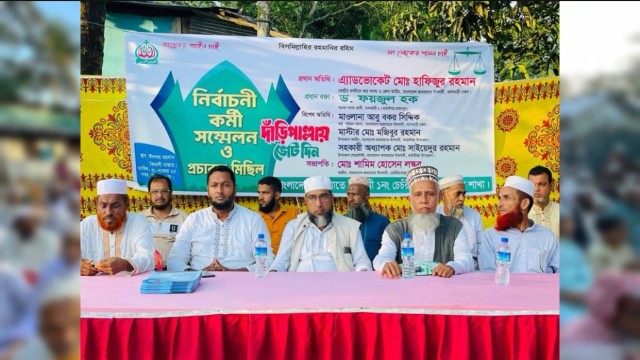
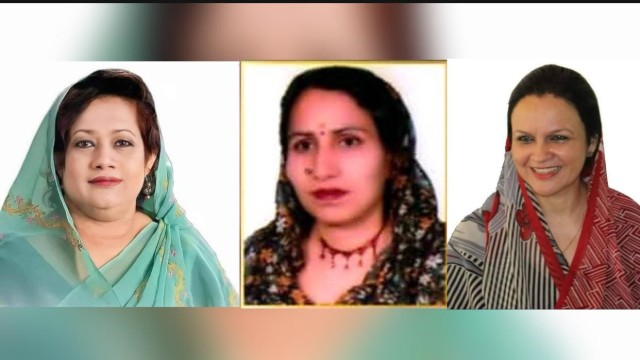


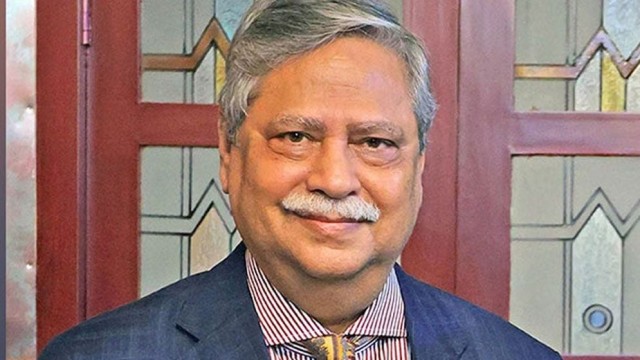
Comment: